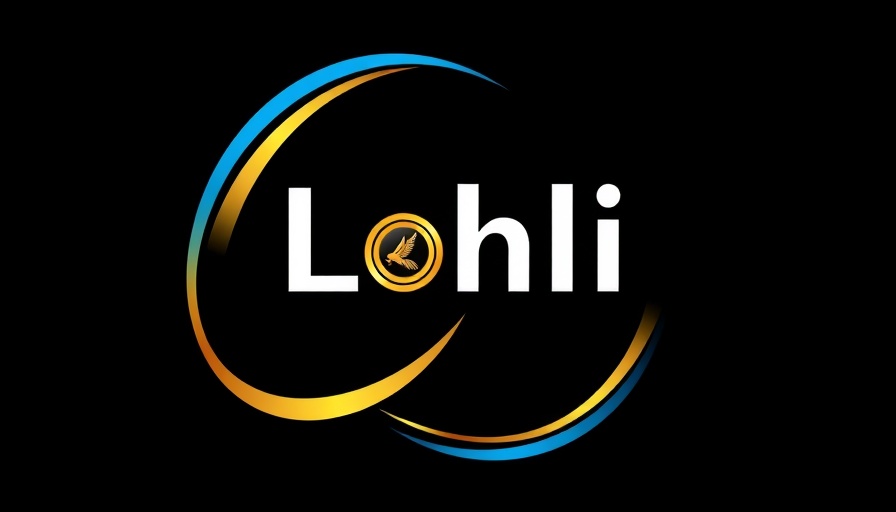
Unpacking Lohli's Remarkable 30,000 Downloads in Two Days
Nigeria's burgeoning tech scene just witnessed a major breakthrough. Lohli, an innovative AdTech platform, achieved an incredible milestone within 48 hours of its launch on May 13, 2025, amassing 30,000 downloads. This surge in adoption reflects both a rising demand for tech solutions and a shift towards purpose-driven entrepreneurship in Africa.
The Growing Need for Innovative Solutions
The rapid success of Lohli resonates with a broader trend in Africa, where technology is increasingly becoming a key driver of economic growth and social change. As digital transformation sweeps the continent, platforms like Lohli highlight the possibilities of merging entertainment with earning potential. Users are drawn to Lohli not just for the monetary rewards of watching advertisements but for being part of a unique ecosystem that seeks to redistribute wealth from big brands back to consumers.
Challenges Faced and Overcome
Despite its explosive beginning, Lohli faced initial growing pains, including server slowdowns and verification delays. Addressing these, CEO Demilade Olaosun reassured users about the platform's commitment to transparency and reliability. He emphasized that Lohli is not a Ponzi scheme but a legitimate business that values user integrity. This pledge is crucial as it builds trust, which is often a major hurdle for new startups in the fintech arena.
Fintech and the Future of Work in Africa
The emergence of platforms like Lohli indicates a strong trend in fintech and digital payment solutions in Africa. As entrepreneurs explore the potential of AI and blockchain technologies, Lohli's model provides insights into a viable path forward. From creating jobs to empowering everyday users, the intersection of technology and economic opportunity is reshaping the landscape for the future of work in Africa.
Join the Conversation
Tune in to the discussions around this exciting shift in Africa’s digital ecosystem. Platforms like Lohli are not just changing how advertisements are consumed but are also pioneering a new frontier for the monetization of content. As they continue to expand and optimize their offerings, the future of similar innovations looks promising. Stay on top of these developments and explore how you're part of these extraordinary transformations. Explore what technologies can do for you and initiate ideas that could spark the next wave of tech solutions.
 Add Row
Add Row  Add
Add 


Write A Comment